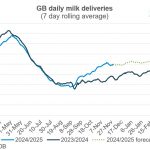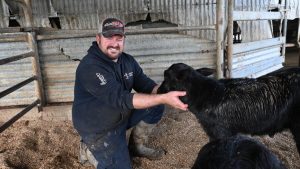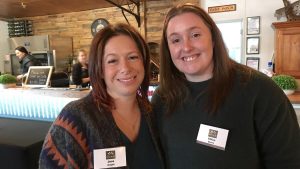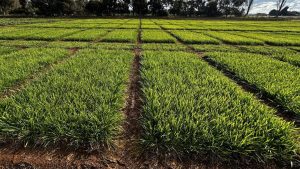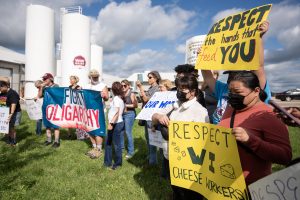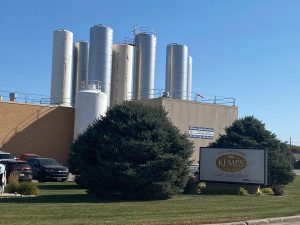
About 710,000 tonnes of Australia’s on-farm milk production is discarded as waste each year but new research could see it transformed into a range of valuable products.
Researchers from the Dairy UP team are investigating fermentation opportunities to convert dairy wastes into value-added products with a commercial market appeal and say that early results are promising.
About eight per cent of Australia’s total on-farm milk production is discarded as waste, mostly post-farm gate, and researcher Juan Gargiulo says this has economic, environmental and food security impacts.
“Although some efficiency could be gained by reducing total waste, it is also possible to turn what would be wasted into a valuable product,” Dr Gargiulo said.
“Fermentation uses microbes such as yeasts to convert dairy wastes into valuable products.
“This is cost-effective and can generate new income streams for farmers and processors as well as reducing waste.”
Dr Gargiulo said fermentation could produce a range of compounds, including stockfeed supplements.
The project includes reviewing dairy food wastes to identify those with the greatest opportunity for reduction, pilot studies to develop yeast strains capable of producing valuable compounds from dairy waste, determining the commercial viability of products and potentially upscaling the commercial implementation.
Dr Gargiulo said the initial review identified promising opportunities to use fermentation to reduce wastage.
“There are opportunities to use fermentation to create value added products from excess colostrum, milk with abnormal composition, and milk from cows treated with antibiotics (eg. for mastitis),” he said.
“For example, waste milk could be used to produce microbial protein (also called single-cell protein) as an animal feed or ration additive to improve digestive efficiency.”
Manufacturing waste makes up 70 per cent of all dairy food waste in the supply chain and Dr Gargiulo said there was potential to use microbial fermentation to convert expired milk, cheese whey and other by-products into bioenergy, enzymes, organic acids, biopolymers and biomass.
The Dairy UP team is focusing on fermentation using brewer’s or baker’s yeast, which is safe for humans and animals.
The project is a collaboration between Dairy UP, Macquarie University’s Australian Genome Foundry and NSW DPI.
You can now read the most important #news on #eDairyNews #Whatsapp channels!!!
🇺🇸 eDairy News INGLÊS: https://whatsapp.com/channel/0029VaKsjzGDTkJyIN6hcP1K

